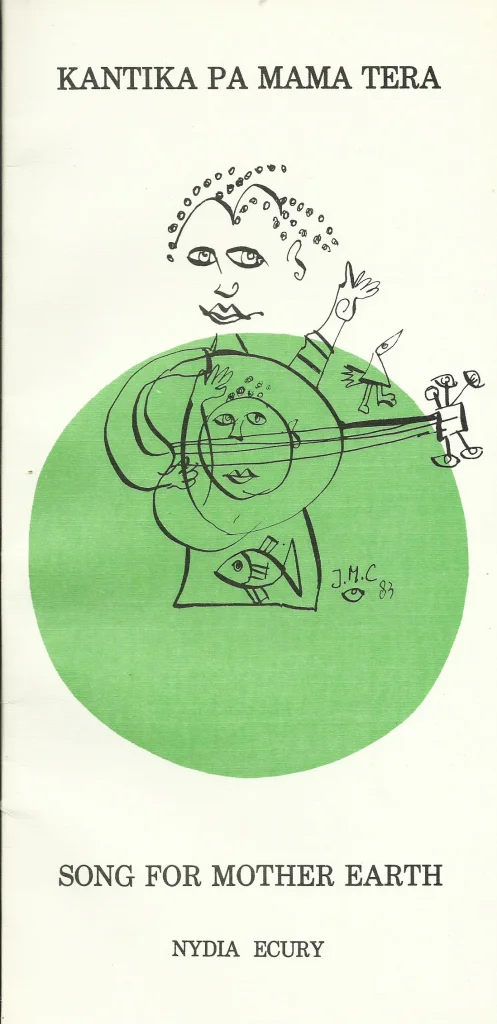Austria: Wittgenstein's Nephew (Thomas Bernhard, trans. David McLintock)
Thomas Bernhard (1931-1989) was an Austrian novelist, playwright, and poet widely regarded as one of the most significant German-speaking authors after World War II. He moved around a lot as a child, living in Heerlen, Vienna, and Traunstein. Although he never met his father and was barely around his mother, his grandfather, the author Johannes Freumbichler, advocated for his education. He left school in 1947 to start an apprenticeship as a grocer. He ended up meeting Hedwig Stavianicek, a woman thirty-seven years his senior, the same year his mother died, who became his mentor. He cared for her until she died. Throughout his youth, Bernhard had bouts of tuberculosis and spent 1949-1951 at the Grafenhof sanitorium. He later trained as an actor at the Mozarteum and was interested in music. His first foray in writing was as a crime reporter before becoming a novelist.
Background: Austria was settled by various Celtic tribes, later claimed by the Roman Empire. After the Fall, Bavarians, Slavs, and Avars conquered the area until Charlemagne took over in 788 AD and introduced Christianity. The area was given to Leopold of Babenberg in 976, in whose family possession in remained until 1246. In 1248, Rudolph I of Germany (of the Hapsburg family) conquered the region, and it remained in Hapsburg hands until World War I. For the next centuries, the Hapsburgs fought off Ottoman expansion numerous times, but the central territory remained relatively stable as fringe regions changed hands. In 1804 the Empire of Austria was founded, and participated in the forces that invaded France and brought the end to the Napoleonic Wars. After the Austro-Prussian War in 1866, Austria was forced to leave the German Confederation and no longer take part in their politics. In the Austro-Hungarian Comprise of 1867, dual sovereignty under Franz Joseph I was founded, however ruling over this vast area became increasingly challenging in a period of nationalism. After the assassination of Archduke Franz Ferdinand in 1914, Austria declared war on Serbia, which eventually resulted in World War I (where over 1 million soldiers died) and the dissolution of the Austro-Hungarian Empire. In 1918, the Republic of German Austria was founded, which left over 3 million German-speaking Austrians outside the new border. By 1919, the name was changed to the Republic of Austria, lasting until 1938, when Austria was annexed into Nazi Germany. After World War II, Austria eventually gained full independence in 1955.
Wittgenstein's Nephew is an autobiographical work dealing in part with Bernhard's time at the sanatorium. The story concerns the author's friendship with Paul Wittgenstein, the nephew of the philosopher Ludwig Wittgenstein. Paul is quite an eccentric, who suffers from some reoccurring form of "madness" (perhaps schizophrenia?), and is regularly sent to the asylum. He is absolutely obsessed with music and race cars, and, although part of a very wealthy family, he squanders his fortune, and ultimately dies alone and poor. Bernhard is also in the hospital, for his tuberculosis, and he recounts a number of incidents from their friendship, during the course of which he eviscerates Austria for its cultural emptiness and vanity. Very short, I really loved this book, and I urge anyone to check it out.






